The New Normal: Part of a new series of articles focused on restaurant recovery; issues, best practices, and process changes that will become part of everyday business going forward.
As the restaurant industry faces unprecedented challenges, operators are looking to use any tools available to them to create a safe environment for their customers and employees. A question that comes up frequently is “Can my dishwasher kill coronavirus?”
The answer is “probably.” Although the question is deceptively simple, the answer is a bit more complicated. First, the word “kill” can be problematic. A better word is “inactivate.” A virus is inactivated when it is no longer able to infect, spread, and replicate itself. Thus, it is rendered essentially harmless. Our goal is to set the circumstances where viruses can be inactivated.
So, let’s walk through the details so you can make informed choices for your business.
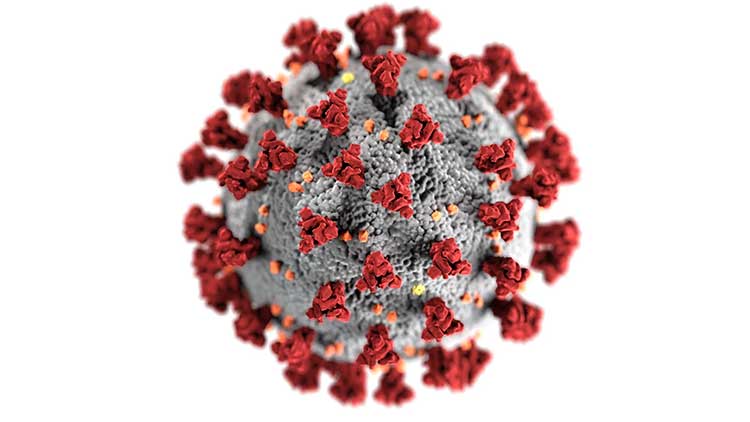
The Anatomy of a Virus
Viruses are complex things. Our goal here is not to try to make you an expert on supramolecular chemistry and virology. So we will try to explain things in laymen’s terms as best we can.
A virus has three main components: RNA, proteins, and lipids. The RNA can be thought of as sort of the payload of the virus. It is the part that invades healthy cells and essentially rewrites that cell’s instructions so that it will begin replicating the viral RNA.
The proteins do a couple of things. They act like the safecracker, allowing the virus to “break-in” to the healthy cell. It then provides raw materials and assists in replication.
The lipid layer is essentially a layer of fat that surrounds the whole package. And this is the most vulnerable component than can allow a dishwasher to kill coronavirus.
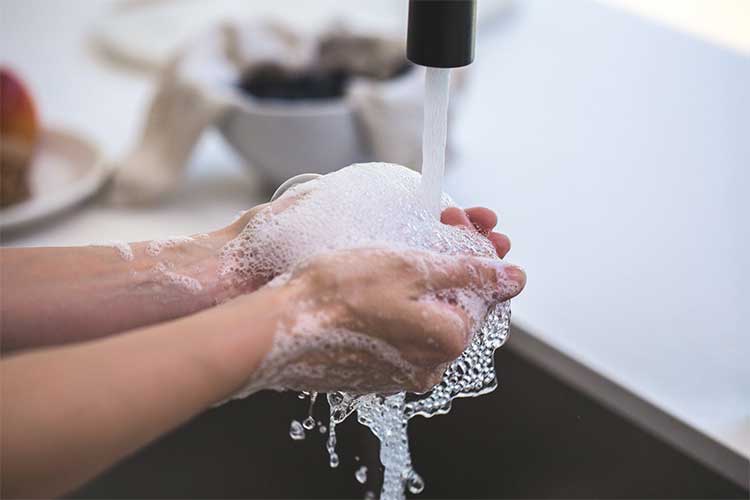
The Main Weapons: Soap & Heat
As we mentioned, the most vulnerable piece of a virus is the lipid outer layer. Lipid is another word for fat. And two things that break down fats in a hurry are soap and heat.
Soap
Soap contains fatty substances (known as amphiphiles) that are similar to those that make up the lipid layer of a virus. By competing with the bonds that hold a virus together, soap essentially dissolves the outer coating of the virus. This causes the virus to collapse. And because all its parts become separated, the virus is no longer able to infect new cells.
Heat
Viruses thrive in a fairly defined range of temperatures. But if the temperature is raised above a certain point, a virus can be inactivated.
Although coronavirus is just beginning to be studied, there is evidence that high heat can inactivate the coronavirus. In a study led by Boris Pastorino, from the Emerging Viral Diseases Unit at Aix-Marseille University, in France, the initial results indicate that the coronavirus is vulnerable to high heat.
“If the results do hold up to peer review, the paper provides helpful guidance on handling of SARS-CoV-2 samples for laboratory worker,” he told Newsweek. “With low levels of virus—as is the case for most mild human cases—the 56 degree Celsius [132.8 degrees Fahrenheit] heat inactivation used in many diagnostic labs is shown to be sufficient; however, for samples that potentially contain very high levels of virus—such as sputum samples from critical cases—their results suggest that a higher heat of 92 degree Celsius [197.6 degrees Fahrenheit] is necessary for complete virus inactivation.”
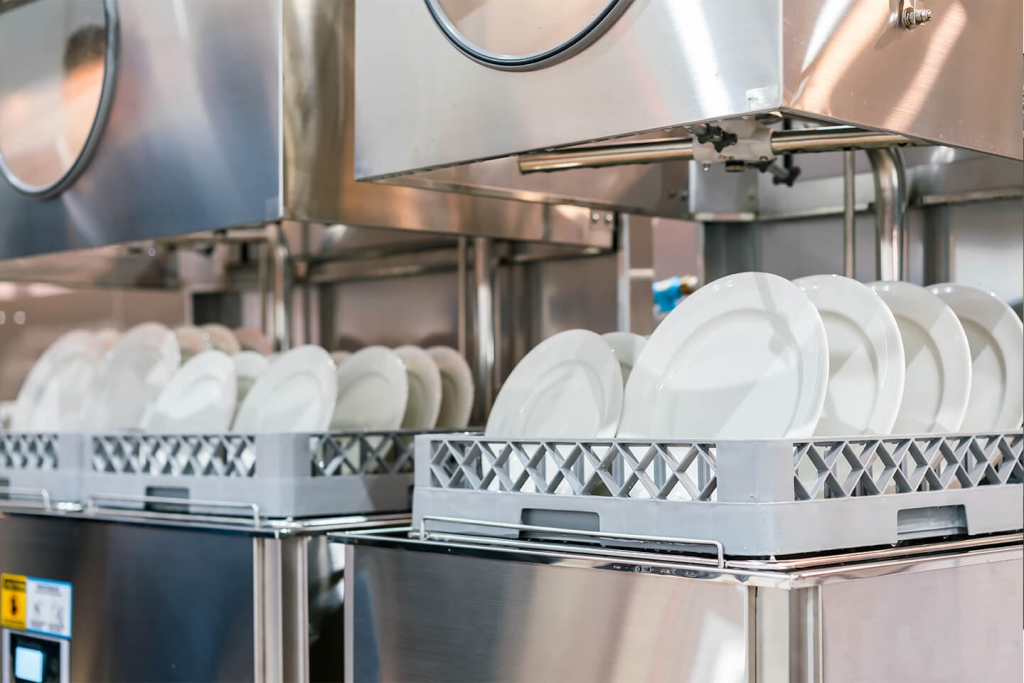
Preparing Your Dishwasher to Kill Coronavirus
The first things you need to check are your soap and chemicals. Check with the manufacturer of your dish machine for all the details. Or if you use a third-party service, make sure you have everything they recommend for your dish machine.
In other words, you don’t want to just run hot water over your dishes, glasses, and flatware. You want to be sure you have soap.
Heat can be a different story. Water temperature is critically important in making sure your commercial dishwasher can kill coronavirus. If you are relying on a landlord-provided hot water heater, you may have a problem. Hot water heaters are often set at 120 degrees Fahrenheit which is not hot enough to sanitize.
Proper Temperature to Sanitize
To sanitize dishes and satisfy your health inspector, water used in the final rinse of your wash cycle is required to reach 165°F for a stationary rack or at least 180°F for all other types.
180°F is the temperature required to sanitize and meet sanitation regulations as determined by the National Sanitation Foundation (NSF). The standard known as NSF / ANSI 3 requires commercial dishwashers to eliminate 99.999% of microorganisms and bacteria.
This standard exists because the surface of the dishes must reach 160°F for 10 seconds. This is achieved by exposing them to a final rinse temperature of at least 180°F.
The other issue that we often see is that of recovery time. Recovery time is the amount of time it takes for your dish machine to heat the water back up to the correct temperature. If you are trying to move loads of dishes through the machine quickly, this can be a rate-limiting factor. And running the machine at a temperature below that which will sanitize your dishes really just defeats the purpose. And it might give you a false sense of security.
As we talked about in a recent article, a booster heater can be the answer to both problems. Booster heaters help keep the water temperature at optimal levels. This allows you to run more loads through the machine more quickly.
Shop Booster Heaters
How a Commercial Dishwasher Kills Coronavirus
Once you have your soap and chemicals paired up with the appropriately hot water, you are ready to wash. You have another thing going for you when it comes to removing coronavirus from flatware, glassware, and china. Each of these different items has one thing in common: They are all smooth surfaces.
You see, coronavirus doesn’t do as well on smooth surfaces. It prefers surfaces with wrinkles, pits, and texture. Like your hands and skin.
So the soap and chemicals will help to break down the outer lipid layer of the virus and the hot water on the smooth surfaces will rinse it away and effectively inactivate the virus.
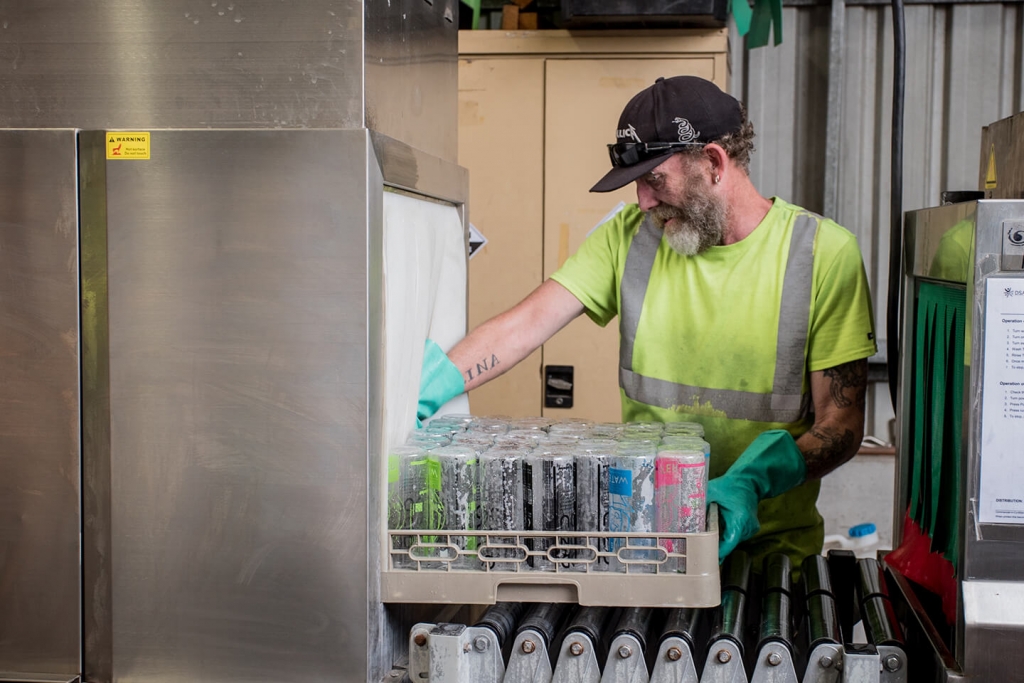
Final Tips on Stopping Viruses with a Dishwasher
Our first tip is to teach your dishroom workers on proper glove use. This includes teaching them the right way to remove gloves to avoid cross-contamination.
The second suggestion is that you allow the high heat of your dishwasher to help to dry the dishes as much as possible without using a towel. You might be surprised how quickly that dishes will basically dry themselves when removed promptly from the dish machine and allowed to air dry.
If you do need to towel dry your dishes after they are removed from the dishwasher, take a couple of extra steps for safety. First, use gloves to avoid direct skin contact with newly-washed dishware.
Second, use a newly-washed towel and replace it often to avoid cross-contamination.
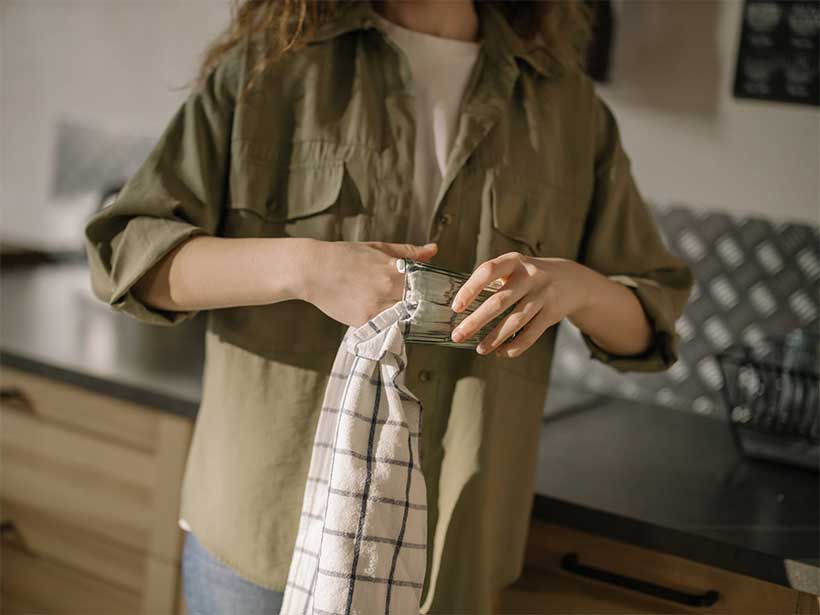
With a little care and the right equipment, you can use your existing commercial dishwasher to help keep your customers and employees safe. Correctly used, your dishwasher can be an excellent tool in fighting coronavirus.

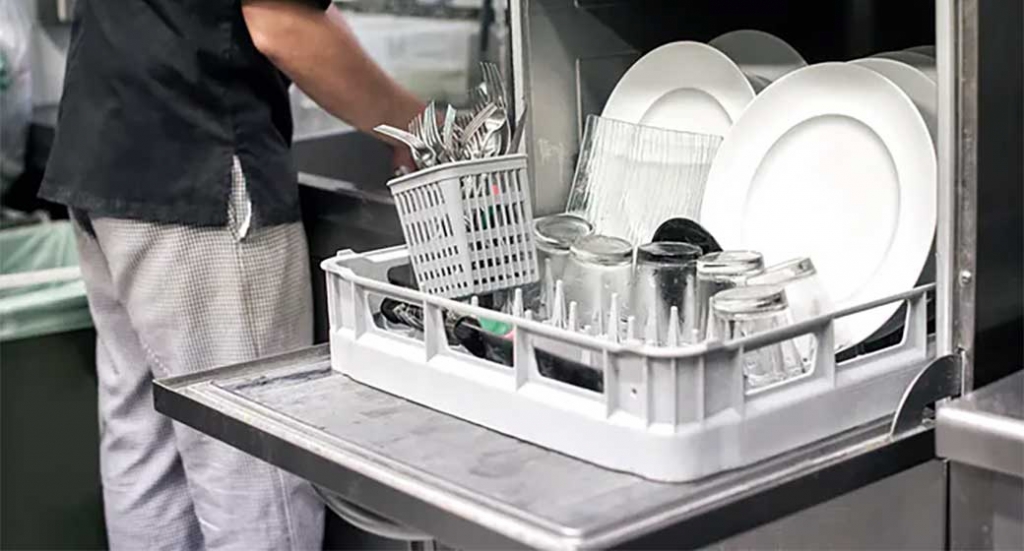


Why Deep Cleaning Is Important Nowadays: DEEP CLEANING Florida - Newtoki News